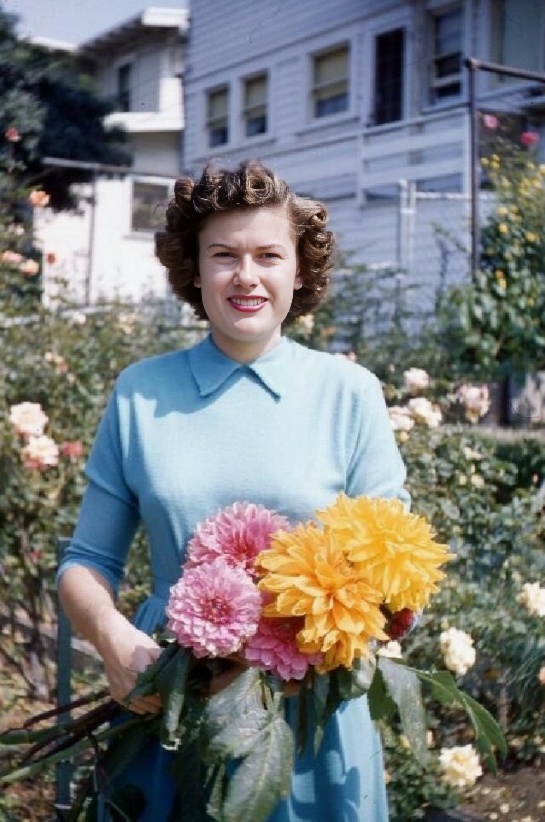
Patsy Cline, a name synonymous with classic country music, remains an icon decades after her untimely passing. Born Virginia Patterson Hensley in 1932, Cline’s distinctive voice and emotionally charged performances cemented her legacy as one of the greatest female vocalists of all time. Her influence transcends genres, inspiring generations of singers with her raw honesty and captivating stage presence. Though her career was tragically cut short, she achieved considerable success, earning a place in the Country Music Hall of Fame and charting numerous hits, including her signature songs “Crazy,” “I Fall to Pieces,” and, of course, “Lovesick Blues.”
“Lovesick Blues,” while not originally a Patsy Cline original (it was popularized by Hank Williams), found new life and resonance in Cline’s rendition. The song, at its core, is a lament of lost love. It vividly portrays the agonizing pain and desperation of unrequited affection, capturing the all-consuming nature of heartbreak. The lyrics paint a picture of a heartbroken individual unable to escape the memories and the lingering feelings for a former lover, trapped in a cycle of longing and despair.
Cline’s interpretation of “Lovesick Blues” is particularly poignant due to her emotive delivery. Her voice cracks with vulnerability, conveying the raw emotion embedded in the lyrics. While not one of her most commercially successful hits, the song remains a fan favorite, frequently cited as a testament to her ability to connect with audiences on a deeply personal level. Listeners have consistently praised her powerful vocals and the authenticity she brings to the performance, finding solace and understanding in her portrayal of heartbreak. Many consider her version a masterclass in conveying vulnerability and the enduring power of a classic country ballad.